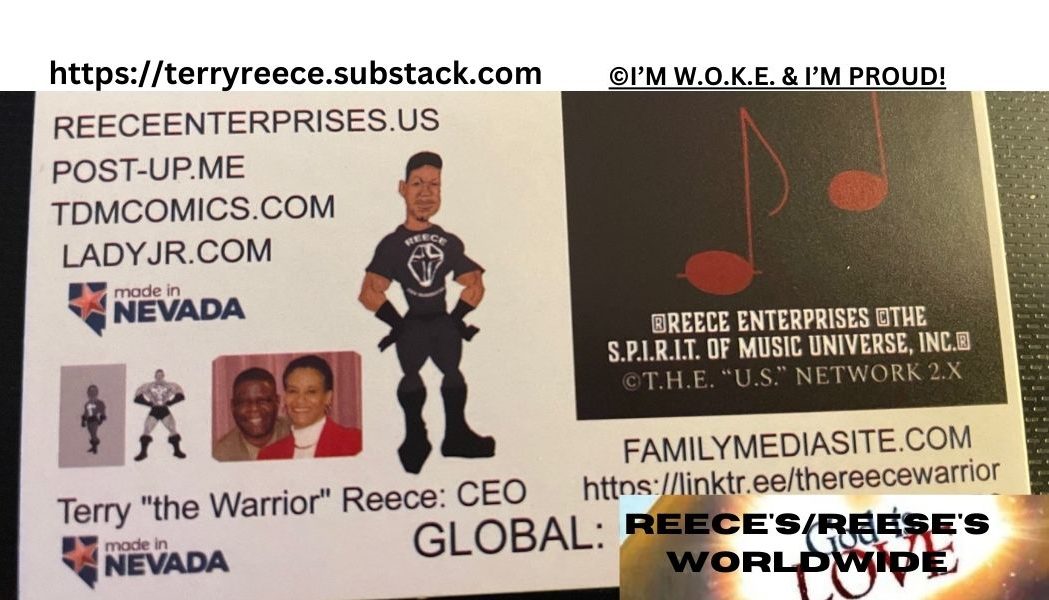
No — HHS didn’t reach out about free grant money
By
Kira Krown
Consumer Education Specialist
March 14, 2023
AddThis Sharing Buttons
Share to FacebookShare to TwitterShare to LinkedIn
Image

Did you get a message from a friend on social media about a US Department of Health and Human Services (HHS) grant opportunity? Or from someone saying they were an HHS employee? Well…they weren’t who they said they were. They were a scammer.
This new twist on the age-old government grant scam often goes like this: someone reaches out to you through social media, email, or a chat app and says you qualify for free grant money from HHS. They’ll direct you to a fake HHS website or online chat that seems legitimate — but it’s not. Then they’ll try to get your payment information or other personal details “to process” the grant. If you get a message like this:
Know that HHS (and other government agencies) won’t get in touch out of the blue about grants. They won’t reach out through social media, call, text, or email you about government grants. Real government grants require an application, and they’re always for a specific purpose. Learn more (for free) at grants.gov.
Don’t pay to get a grant. HHS won’t make you pay to get a grant— or insist that you use cash, a gift card, a wire transfer through a company like Western Union or MoneyGram, or cryptocurrency.
Check for a .gov domain. HHS websites always have .govin the URL. If you’re directed to an HHS-looking website with .org, .com, or .us, it’s fake — even if it has the HHS logo on it.
Never share your financial or personal information with anyone who contacts you. HHS and other government agencies won’t call, text, message you on social media, or email to ask for your Social Security, bank account, or credit card number. Only scammers do that.
Have you gotten a message or call about a fake HHS grant? Report it to the FTC: ReportFraud.ftc.gov
_______________________________________________________________
For Your Information
FTC Finalizes Order Requiring Fortnite maker Epic Games to Pay $245 Million for Tricking Users into Making Unwanted Charges
FTC will use the money to provide refunds to consumers
March 14, 2023
AddThis Sharing Buttons
Share to FacebookShare to TwitterShare to LinkedIn
Tags:
- Consumer Protection
- Bureau of Consumer Protection
- Credit and Finance
- Payments and Billing
- Privacy and Security
- Children’s Privacy
- Gaming
The Federal Trade Commission has finalized an order requiring Epic Games, the maker of the Fortnite video game, to pay $245 million to consumers to settle charges that the company used dark patterns to trick players into making unwanted purchases and let children rack up unauthorized charges without any parental involvement.
In a complaint announced in December as part of a settlement package with Epic, the FTC said that Epic deployed a variety of design tricks known as dark patterns aimed at getting consumers of all ages to make unintended in-game purchases. Fortnite’s counterintuitive, inconsistent, and confusing button configuration led players to incur unwanted charges based on the press of a single button. The company also made it easy for children to make purchases while playing Fortnite without requiring any parental consent. According to the FTC’s complaint, Epic also locked the accounts of customers who disputed unauthorized charges with their credit card companies.
Under the FTC’s order, Epic must pay $245 million, which will be used to provide refunds to consumers. The order also prohibits Epic from charging consumers through the use of dark patterns or from otherwise charging consumers without obtaining their affirmative consent. Additionally, the order bars Epic from blocking consumers from accessing their accounts for disputing unauthorized charges.
After receiving five comments, the Commission voted 4-0 to approve the complaint and order against Epic and the responses to the commenters.
As part of a separate settlement, also announced in December, Epic agreed to pay a $275 million penalty to settle FTC allegations that the company violated the Children’s Online Privacy Protection Act Rule.
Consumers who believe they may have been injured by Epic’s practices can visit FTC.gov/Fortnite for more information on the refund process.
The Federal Trade Commission works to promote competition and protect and educate consumers. Learn more about consumer topics at consumer.ftc.gov, or report fraud, scams, and bad business practices at ReportFraud.ftc.gov. Follow the FTC on social media, read consumer alerts and the business blog, and sign up to get the latest FTC news and alerts.
Press Release Reference
Contact Information
Media Contact
Office of Public Affairs

